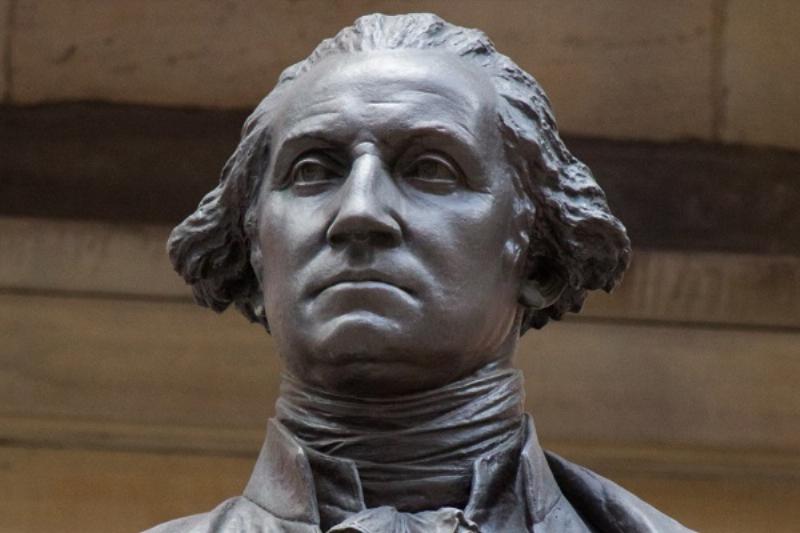


We have Pride MONTH in June and Transgender Awareness MONTH in November. Yet on Monday, February 17, we celebrated Presidents’ DAY in New York.
My research shows that in more than 30 states, Monday the 17th was considered Washington’s birthday. Whether it is Washington’s Day or Presidents’ Day, the fact that the other celebrations each has a month designated for remembrance, rather than a day, is disappointing. We should rejoice that our first president was George Washington. That reality is more important to our well-being today than the existence of any subculture in our midst.
When I was teaching history for twenty-plus years in NYC, even though George Washington was our first president, no time was spent celebrating him, or any other president. However, Washington was truly the father of our country. He refused the title of king, making it clear that the Executive Branch was not going to be merely a modified monarchy, but would be one of three branches charged with special duties and limits. We were to be a democratic republic.
Further, he showed even-handed wisdom in dealing with differences between Thomas Jefferson and Alexander Hamilton regarding their respective visions of the future of the American economy and body politic. Jefferson was linked to the yeoman farmer individualistic ideal, whereby the citizens’ link to agriculture and nature was the centerpiece of our American individualism. Hamilton was more identified with the potential for manufacturing and finance to define our economy and the identity of individuals within our culture.
Washington, although not fully siding with Jefferson, was nevertheless part of the Southern gentry along with Jefferson. Unlike Jefferson, Washington stipulated that his slaves continue to serve his wife, but all 123 were freed within a year of his death, as was stipulated in his will. It is clear to me that Jefferson was highly conflicted on slavery, whereas George Washington retained the moral high ground despite the influence of the slaveholders during the early years of our republic.
Lastly, reviewing George Washington’s speeches and writings, we find frequent references to Divine Providence or simply Providence. The Christian view of history as providential was, and I believe still is, essential for good leadership. Unlike the Marxist view of the mid-19th century, which was a variation of the Hegelian dialectic view of history, the Providentialist view does not see history moving dialectically from thesis, encountering an antithesis, which destroys the thesis, resulting in the emergence of a synthesis. The synthesis is not a mere amalgam of the thesis and antithesis, but a new expression of the social order that is the result of God’s will.
The Providentialist, like George Washington, sees the will of God as directing the transformations from one historical era to another. The shift in political ideals toward greater democracy, the shift from a barter to a money economy, the creation of universities, the rise of cities, the Scientific Revolution, the Protestant Reformation, and the renaissance in art can, according to the Providentialist view, be traced not toward dialectical dynamics, but towards the hand of Almighty God working out the destiny of all nations.
Furthermore, the Marxist view dovetails neatly with the ideas of Friedrich Nietzsche in the late 19th century, which speak of the “transvaluation of values” being the next stage of history. This transvaluation of values is not depicted as communism, which Nietzsche’s predecessor Karl Marx predicted, but, as in Marx’s thinking, the transvaluation represented an overthrow of the dominant Christian — i.e., Bible-centered — values of Western civilization in the 19th century that had gained authority since the first century A.D.
George Washington’s understanding of history as providential is the antidote to the philosophical daydreams of Nietzsche, a man who spent the last twelve years of his life in a psychotic stupor.
So here we are. Washington’s birthday. No parades in the street, and no encomiums to the Father of Our Country. It is such a shame that so many are hearing praises and incantations in their minds to Obama or Trump but not to the first president. Despite the history requirements in public education, the mindset of the American public seems to be ahistorical.
